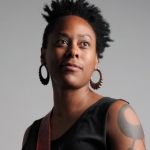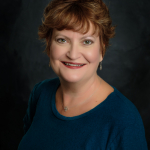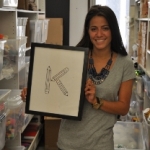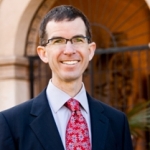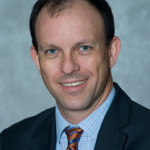
Kristen Engebretsen
VANS Inspires the Next Generation of Artists, Designers, and Innovators
Posted by Jun 22, 2015

Kristen Engebretsen
Editor’s Note: Americans for the Arts partners with VANS on their Custom Culture program. Last week in New York City was the final event of the competition, where the winning shoe design was picked. Below are remarks that our Arts Education Program Manager made during the event:
My name is Kristen, and my organization, Americans for the Arts, partners with Vans to ensure that schools all over the country have amazing arts programs, just like yours.
Custom Culture was developed to encourage high school students to embrace their creativity and inspire a new generation of youth culture.
Read More

